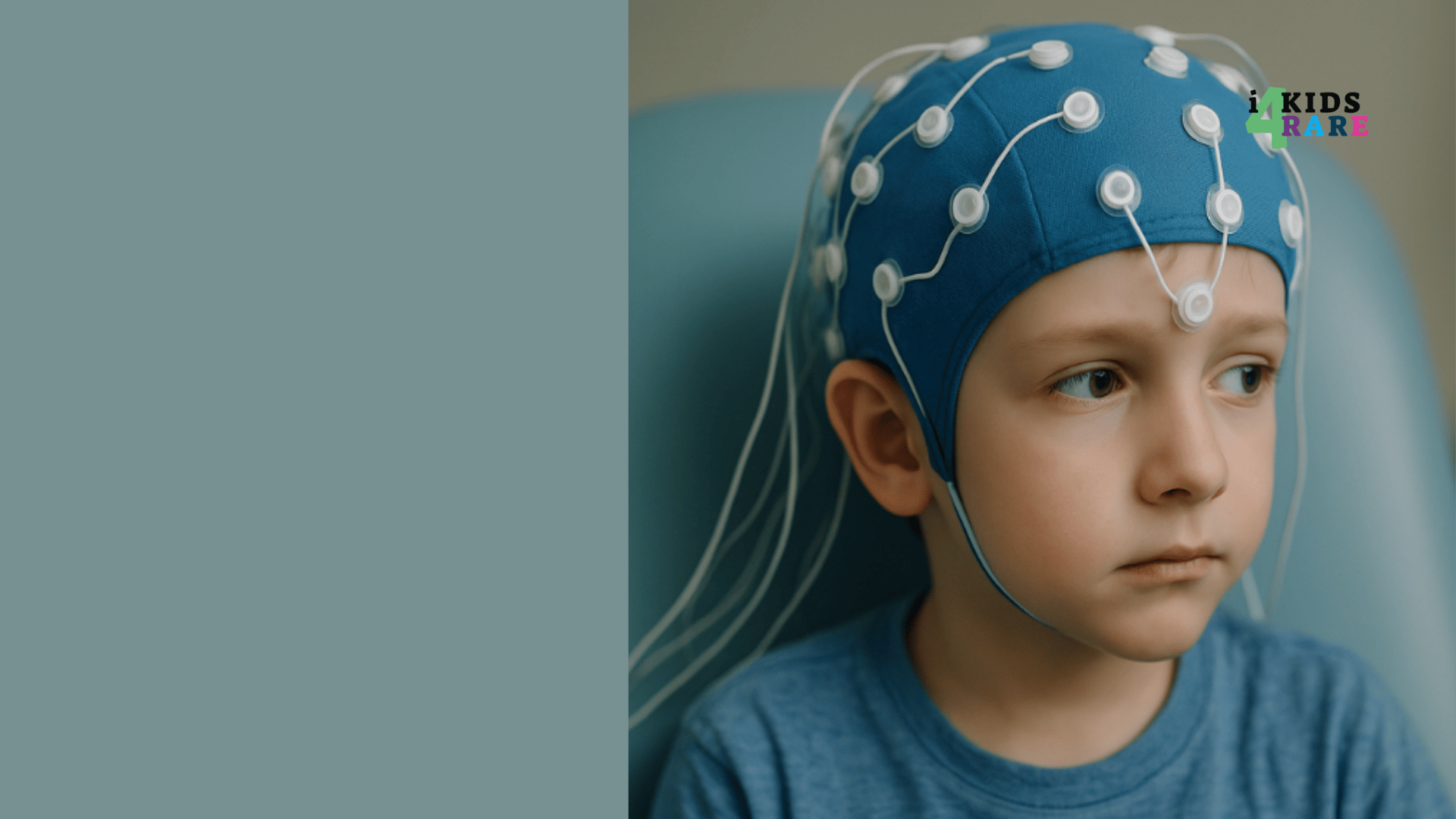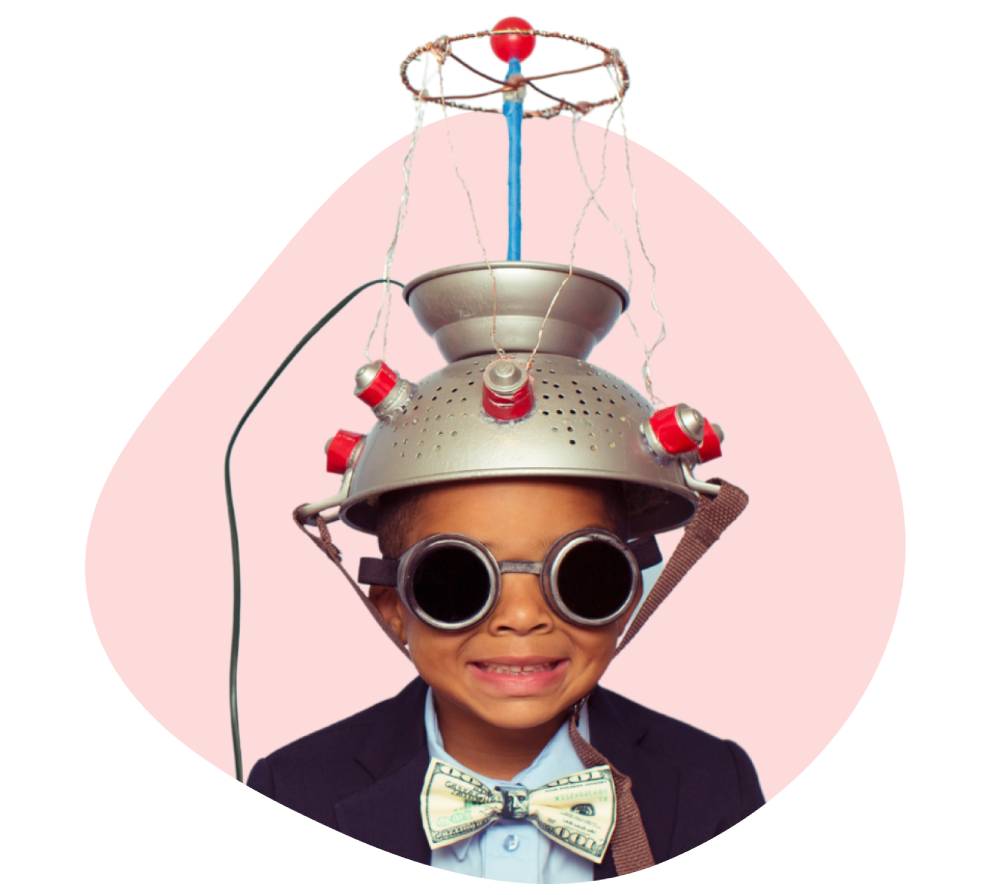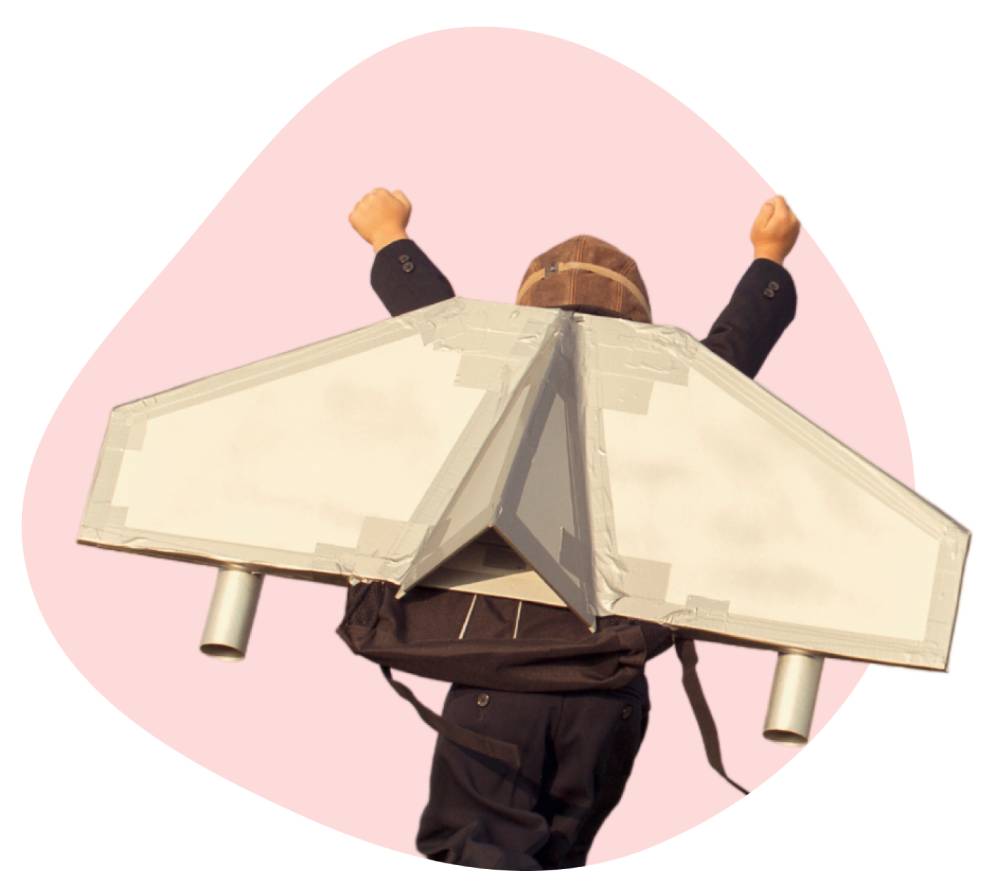
Children’s right to health is enshrined in the UN Convention on the Rights of the Child, yet innovation in paediatric healthcare remains limited. Despite representing a fifth of the population, children benefit from far fewer medical advances than adults due to perceived risks, regulatory hurdles, and fragmented investment.
This shortfall is particularly striking in the field of rare diseases, where small markets and complex regulations hinder progress. To bridge this gap, i4KIDS-4RARE has been established as a European initiative driving paediatric innovation, with a special focus on rare diseases and orphan medical devices. The programme brings together clinicians, industry, and patient communities to accelerate solutions that improve child health.
In partnership with EpiCARE, the European Reference Network for rare and complex epilepsies, the i4KIDS-4RARE Neuropilepsy Innovation Programme aims to foster new approaches to paediatric epilepsy. Affecting around 1% of children—one third of whom live with drug-resistant epilepsy—these conditions call for better tools to detect, monitor and personalise treatments.
By encouraging innovation that is scalable, evidence-based and patient-centred, i4KIDS-4RARE seeks to build a more connected and inclusive ecosystem for paediatric health across Europe.

The i4KIDS-4RARE Neuropilepsy Innovation Programme seeks groundbreaking ideas that improve early diagnosis, cognitive monitoring and personalised therapy for children living with rare epileptic conditions.
We welcome proposals from technological, clinical, educational and social fields, at an advanced stage of development (TRL 7–8), ready for implementation. Proposals should include a clear and feasible implementation plan and be designed with a user-centric approach, addressing the needs of paediatric patients and their families. Solutions must be scalable and easily integrated across diverse European healthcare systems, promoting accessibility and equity across regions.
Challenge 1: AI-Driven Neuroimaging for Surgical Planning
Paediatric epilepsy affects around 1% of children, and nearly a third develop drug-resistant epilepsy (DRE). While high-resolution MRI is the gold standard for localising the epileptogenic focus, up to 30% of cases show no detectable structural abnormality, delaying diagnosis and access to surgery.
This delay increases seizure severity and frequency, contributing to progressive cognitive decline and reduced surgical success. Families face heavy emotional and financial burdens as a result.
We are looking for solutions that:
Improve detection and localisation of epileptogenic foci through neuroimaging and advanced analytics.
Enable earlier and more accurate surgical planning with better prediction of outcomes.
Integrate seamlessly into hospital workflows and scale across healthcare systems.
Challenge 2: Early Detection and Management of Cognitive Impairments
Cognitive impairment is a frequent yet often overlooked consequence of epilepsy. Despite seizure control, 20–60% of children experience lasting difficulties in attention, memory, language and executive functions, affecting school performance and emotional wellbeing.
These impairments stem from epileptogenesis, interictal discharges, and side effects of certain anti-seizure medications, all of which disrupt brain development. However, cognitive assessment remains irregular and poorly standardised across centres, delaying intervention.
We are looking for solutions that:
Offer sensitive, standardised methods to monitor cognitive function from the earliest stages.
Support timely, individualised interventions and follow-up strategies.
Adapt to different clinical, educational and community settings.
Challenge 3: Personalised Dosage Adjustment for Anti-Seizure Medications
Rare genetic epilepsies account for 5–10% of childhood epilepsy and are highly heterogeneous, involving mutations in genes such as SCN1A, CDKL5, STXBP1 or PCDH19. These lead to severe, treatment-resistant seizures and often cognitive or developmental challenges.
Although genetic and metabolic testing have advanced diagnosis, treatment optimisation remains difficult due to variability in drug response, tolerance and metabolism. The absence of personalised dosing protocols and discontinuous clinical monitoring further complicate care and burden families.
We are looking for solutions that:
Enable personalised, safe treatment adjustment based on clinical, pharmacological and genetic data.
Facilitate home and clinic-based monitoring of treatment response.
Reduce adverse effects and enhance quality of life for children and their families.

– Only established companies or products ready for implementation can apply for this call.
– The proposed solution must comply with current regulations in order to be marketed in Europe (MDR, GDPR, etc.) if applicable.
– Solutions must be at a TRL 7 or higher.
– Candidates can apply for more than one challenge, but must fill in one form for each challenge.

Applications must be submitted in English using the aforementioned form.
All project submissions must be completed before the specified deadline of November, 30th at 23:59 CEST.
The Neuroepilepsy Innovation Programme 2025 will follow a structured timeline to ensure a fair and transparent evaluation process:
Call 4 Solutions (28rd October – 30th November 2025)
During this period, the programme will be open for the submission of proposals. Researchers, innovators, and multidisciplinary teams will be invited to present their solutions addressing the identified challenges.
Project Selection (15st December 2025)
After the evaluation of all submitted proposals, one project per challenge will be selected to move forward.
An initial evaluation will be carried out to identify the projects that meet the eligibility criteria. Selected projects will be assigned to evaluators for review according to the evaluation criteria described below. The evaluators will be experts in the field of healthcare.
A maximum of one project will be selected to participate in the i4KIDS-4RARE Neuroepilepsy Innovation Programme.
In the event that no participant is selected, the organizer reserves the right to declare the relevant challenge(s) null and void.
i4KIDS-4RARE reserves the right to be able to extend the deadline for completion of the Programme or suspend the Programme, for good cause or force majeure and in the event that it could not be developed by fraud detected, technical errors or any other nature that are not under the control of i4KIDS-4RARE and may affect its normal development. Should any of these situations arise, all participants will be duly notified.

Idea (35%)
Soundness and innovativeness level of the proposal.
Capacity to respond to the proposed challenge.
Feasibility, implementation capacity and Budget (35%)
Current state of development and technological readiness.
Quality and realism of the development and implementation plan.
Adequacy and justification of the proposed budget and use of resources.
Involvement of patients and users in the development phase.
Capability to be implemented in EU hospitals.
Previous experience of implementation in other centres.
Impact (20%)
User-centric innovation.
Engagement strategy.
Scope of the impact.
Paediatric focus.
Team (10%)
Previous experience in the field.
Candidate’s capacity to implement the proposed solution.
If deemed necessary, the evaluation committee may ask applicants to verify the information provided in the proposals, either in person or online. In case of untruthful information, the application will be rejected.

The allocated funds must be used exclusively for the execution of the pilot study and the generation of data to validate the proposed innovation. Funding cannot be used for any activities outside the defined scope of the PoC.
Applicants are required to submit a detailed preliminary budget and a concise economic justification, clearly describing the budget categories and resources needed to conduct the pilot study at the selected hospital.
The Evaluation Committee will assess all applications and determine whether to award the grant. The final grant amount (up to €10,000) will depend on the project’s identified needs, scientific and technical merit, and overall evaluation outcome.
The selected project will be entitled to issue an invoice covering the approved expenses associated with the execution of the pilot study, following the financial and administrative procedures established by the organizers.
In addition to financial support, selected projects will receive mentorship and strategic guidance from the Innovation Department of Hospital Sant Joan de Déu (HSJD) and will be invited to join the i4KIDS Network, fostering collaboration, visibility, and impact.

i4KIDS 4RARE_Rules for participation in the Call for Solutions_SFQ_MER_vf 2
If you have any doubt or question, please feel free to write us at contact@innovation4kids.org